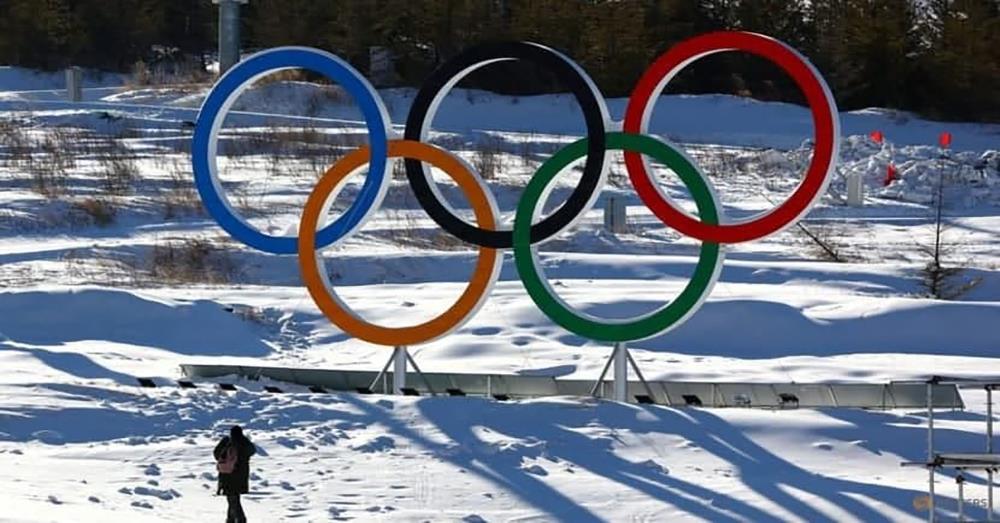WATERLOO, Jan 18 (Reuters) - Of the 21 cities to host the Winter Olympics, only Sapporo, Japan would be able to provide fair and safe conditions to stage them again by the end of the century if greenhouse gases are not dramatically reduced, said a University of Waterloo study released on Tuesday.
An international team of researchers, led by the University of Waterloo, reviewed historical climate data from the 1920s along with future climate change trends.
They determined that winter playgrounds such as St. Moritz and Lillehammer could become Olympic relics by the mid to late century, with unreliable conditions ruling them out as Games hosts.
Research revealed that the average February daytime temperature of host cities has steadily increased – from 0.4 Celsius at the Games held in the 1920s to the 1950s, to 3.1C at the Games during the 1960s to 1990s, and 6.3C in Games held in the 21st century, including next month's Beijing Games.
"If we continue on the trajectory we have now we end up with Sapporo being the only climate-reliable location by the end of the century and thereafter we have to look and see even when does Sapporo switch over," Daniel Scott, a professor of Geography and Environmental Management at Waterloo, told Reuters.
"Even by the mid-century the number of climate-reliable locations, at least the 21 hosts that we've had in the past, would be reduced."
Sapporo hosted the Games in 1972.
Europe has been the cradle of the Winter Olympics having hosted over half the Games, including the first in Chamonix in 1924 and the next after Beijing in Milan/Cortina d'Ampezzo.
But the Alpine regions of Europe have felt the impact of climate change and Scott said the study's message to the International Olympic Committee (IOC) is that they are going to have to be more flexible in the future when selecting a venue, turning to higher-and-higher elevations to run events like ski racing.
"Climate change is altering the geography of the Winter Olympic Games and will, unfortunately, take away some host cities that are famous for winter sport,” said Robert Steiger of the University of Innsbruck in Austria.
“Most host locations in Europe are projected to be marginal or not reliable as early as the 2050s, even in a low emission future."


